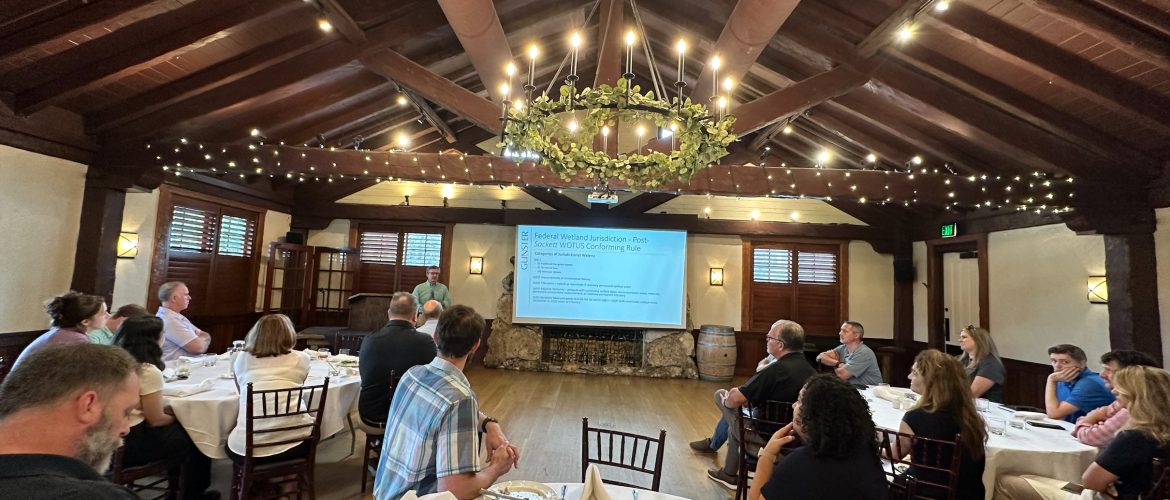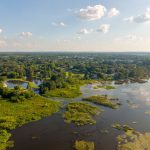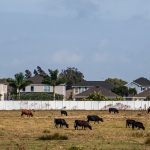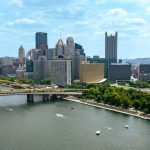The State of Florida’s Federal 404 of the Clean Water Act Program
The State of Florida’s Federal 404 of the Clean Water Act Program plays a vital role in overseeing dredge and fill activities within state waters, encompassing a wide range of projects from residential to environmental restoration endeavors.
On February 15, 2024, a federal court order was issued for the temporary rescinding of the Florida Department of Environmental Protection (FDEP)’s authority to issue Federal Section 404 permits.
The State of Florida 404 Program, implemented in 2020, gave FDEP authority to assume the federal dredge and fill permitting program in Florida from the U.S. Army Corps of Engineers (USACOE).
The FDEP assumed responsibility for overseeing permitting for any project proposing dredge or fill activities within state-assumed waters. Such projects include single-family residences, commercial developments, utility projects, environmental restoration and enhancement projects, linear transportation projects, governmental development, certain agricultural and silvicultural activities, and in-water work within assumed freshwater bodies such as boat ramps, living shorelines, and other shoreline stabilization.
It is an intricate dance between economic development and environmental protection. We must balance both as best as possible; and we are constantly learning as we go. However, when regulations and policies change unexpectedly, it puts several industries in disarray.
There are thousands of projects from residential developments to environmental restoration endeavors that are experiencing significant federal permitting delays due to this unforeseen change, with a huge threat of starting the entire permitting process over. When the State of Florida officially assumed the responsibilities of implementing the Section 404 of the Clean Water Act (CWA) from the U.S. Army Corps of Engineers (USACOE), which handles the regulation and permitting of Waters of the United States (WOTUS), in 2020, we were hopeful that this change was good for the industry.
There were several years of time, money, workshops, and preparedness to transition the CWA 404 permitting program from FDEP to USACOE. How did we not know then that this assumption to allow FDEP to take over the federal environmental permitting was going to be an issue and potentially challenged just four years later?
Now, we have time-sensitive projects like the Everglades Restoration, new schools, affordable housing, fire stations, roads, bridges, commercial and residential housing that are now in limbo, since the regulatory agency for Florida Clean Water Act permitting has suddenly changed. These critical projects have spent countless time and money in the permitting process with FDEP, now to have to start the process all over again with the USACOE!
Businesses like mine and yours are negatively impacted by this uncertainty and significant time delay. It appears from the surface that the environmental permitting and economic development may be in jeopardy. Constant regulation changes, politics changes, and policy changes disturb the economic climate in Florida. It hurts small businesses, like mine, in the wetland mitigation industry. Many projects are stalled due to this change, and further delays in permitting mean more delays in selling mitigation credits.
As efforts to address this regulatory upheaval continue, one thing remains clear: the importance of ongoing collaboration between state and federal entities in navigating the complex landscape of environmental regulations. Balancing the need for economic development with the imperative of environmental stewardship requires a delicate touch and a commitment to finding common ground.
Despite the current disruption, the State of Florida’s 404 Program remains essential for maintaining environmental integrity and facilitating sustainable development. As stakeholders work tirelessly to resolve this crisis, let us not lose sight of the ultimate goal: preserving our natural resources for future generations while fostering responsible growth and prosperity.






